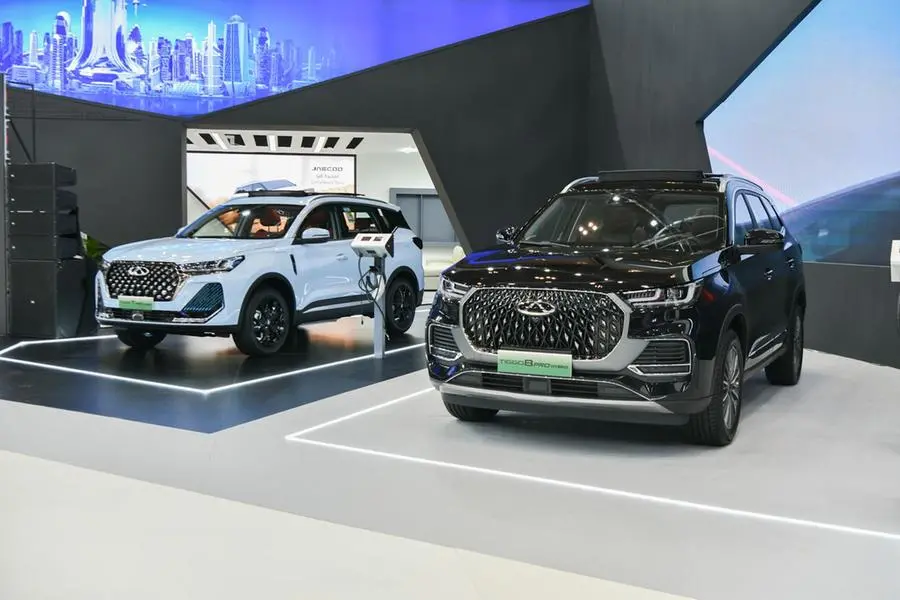PHOTO
South African consumers are gradually exploring the shift to battery-electric vehicles (BEVs), with growing awareness of their long-term cost and environmental benefits. However, traditional hybrids and plug-in hybrids (PHEVs) are emerging as a practical stepping stone for those looking to embrace cleaner mobility without fully transitioning to BEVs.
Rising adoption of hybrids and plug-in hybrid electric vehicles (PHEVs)
PHEVs offer a compelling blend of convenience and sustainability. Not only do they provide a generous electric-only range for daily commutes, complemented by the safety net of a combustion engine for longer journeys, but they also offer the ideal balance for consumers seeking excellent performance and lower emissions without fear of running out of charge.
This bridging technology allows motorists to experience the advantages of electrified driving while becoming more familiar with the ever-changing landscape of the EV charging infrastructure.
PHEVs help customers transition to plug-in vehicles by showcasing the convenience of charging at home, reducing the need for frequent trips to petrol stations.
As confidence in battery-electric vehicles continues to grow, hybrids and PHEVs are paving the way for broader acceptance of battery-electric vehicles in the coming years.
Growing adoption of electric vehicles in South Africa
As charging infrastructure improves and EVs become more affordable, consumer adoption is growing, particularly in South Africa, where an increasing number of electric cars are entering the market
Volvo Car SA has seen significant growth in the market, particularly with the new EX30. Its appealing starting price, strong performance, sustainable credentials and sophisticated design have made it a standout choice.
Aside from the all-important environmental benefits, several factors will drive EV adoption in South Africa.
These include high fuel prices and the fact that EVs are cheaper to own and maintain than traditional petrol or diesel vehicles, thanks to lower running costs and fewer moving parts.
Range anxiety remains a concern for consumers. However, thanks to the efforts of charging companies such as GridCars, Rubicon, and Carbon Zero, we have seen a significant improvement in recent years.
As battery technology becomes more advanced, manufacturers can extract more range from smaller battery packs, reducing charging times and costs and making EV ownership even more attractive.
Sustainability will drive customer vehicle choices
Consumers today are increasingly aware of their environmental impact and understand how their purchases impact climate change. Several automakers, including Volvo, have responded by going beyond electric vehicles and exploring innovative ways to make new cars more sustainable and eco-friendly.
The plan focuses on producing electrified cars and tackling the supply chain and the production of its vehicles. This includes using recycled materials and natural fabrics and reducing the reliance on processed materials that burden the environment.
Automakers are redefining luxury by introducing eco-friendly alternatives that deliver this feeling. Sustainability and sophistication go hand in hand.
All rights reserved. © 2022. Bizcommunity.com Provided by SyndiGate Media Inc. (Syndigate.info).




















